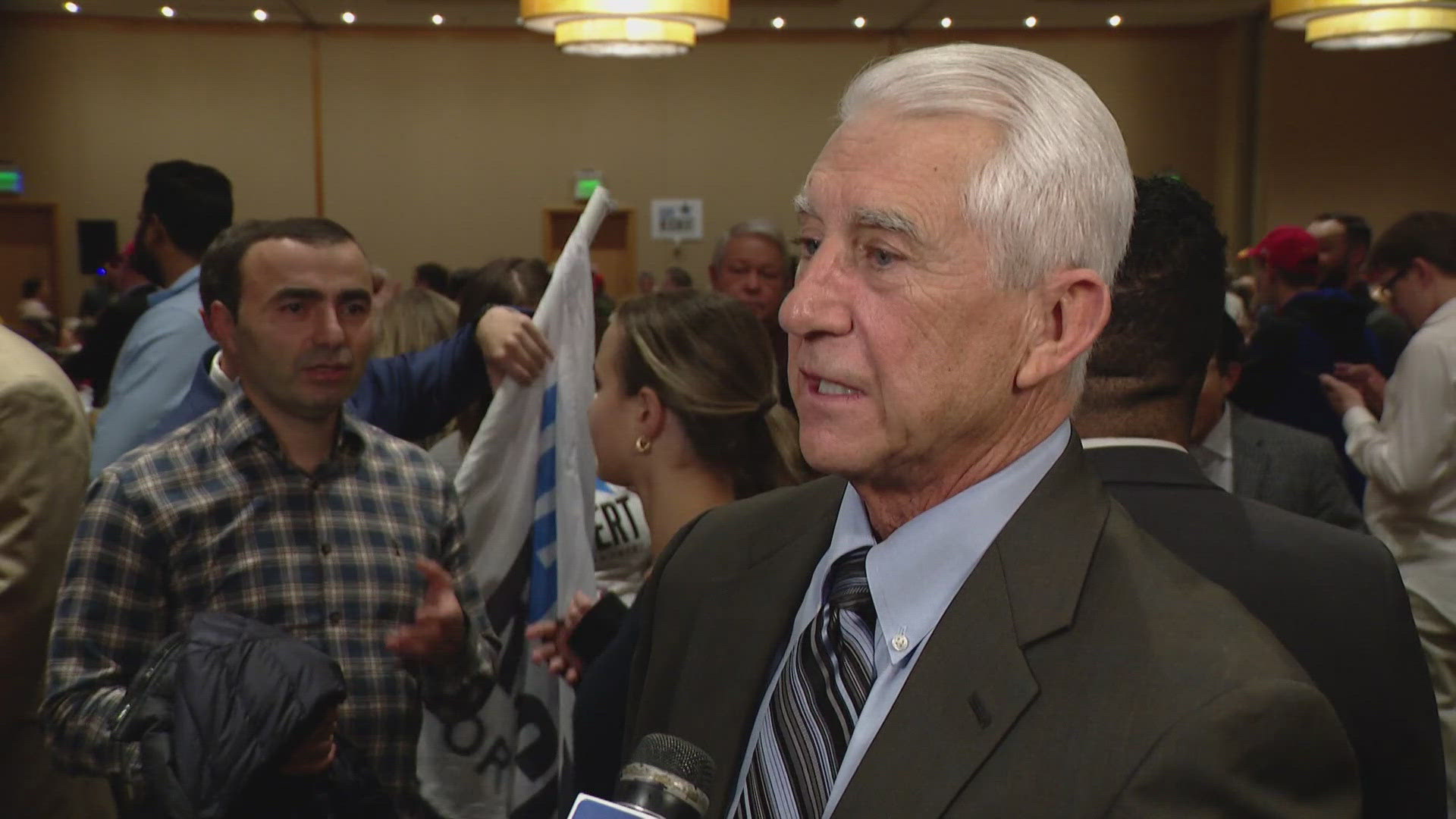A new state law aims to begin closing the gender pay gap in Washington state. The bill was signed into law by Gov. Jay Inslee on the same day Starbucks announced it achieved pay equity. Lawmakers in Olympia hope other companies will follow suit.
“It sends a message to business that we, as a state, mean business and they should take another look and make sure they don’t have pay secrecy policies, and make sure they are paying their men and women equally,” said Rep. Tana Senn, D-Mercer Island, who sponsored the bill.
The new legislation updates the state’s original law created in 1943 which made wage discrimination based on gender a misdemeanor in Washington.
Decades later, the updated law gives employees and employers guidelines about what could constitute wage discrimination. It also states employers cannot retaliate against employees for talking about wages or salaries with their colleagues.
“I still find it in employee handbooks,” said HR expert Wendy Gillihan of Gryffin Consulting, of what she notes used to be standard business practices. The new law will compel companies to change that policy if they haven’t done so already.
“By having transparency on things like what is the pay range for a position and are you within in,” said Gillihan. “It creates the opportunity to have the facts and then act accordingly.”
Gillihan also highlights an important line in the bill that references previous salary history and why it should not be used in determining compensation for a future job.
The bill recognizes that compensation differences can result from education, training, experience, or a merit system. However, previous wage history is not considered a defense that companies can use, according to the bill.
“I think people need to know if they are asked to disclose previous salary history, they do have the right to say no,” said Gillihan.
“You can also ask, 'What is the pay range for the position' if it was not disclosed,” she continued. “Just feeling comfortable having these conversations, if the employer responds negatively, then it’s a question as to whether or not that’s somewhere you want to work, given the fact that may indicate a culture issue.”
In Starbucks' announcement Wednesday, the company said it will provide pay information to any U.S. job candidate that asks, in a move to boost transparency. Additionally, a spokesperson said the company no longer asks job candidates for their salary history and has worked to identify and address any pay gaps.
Gillihan says significant culture change could come from companies, big and small, analyzing their own policies in an effort to be more equitable and fair. In the meantime, she advises anyone negotiating their salary to know their value.
“Know your worth to the organization to have done your research and go in there in a position of power,” she said. “Know it’s OK to speak up for yourself.”
A study completed last year by the Seattle Metro Chamber of Commerce and Women's Funding Alliance found that women in King County earn around 79 cents for every dollar earned by a man. The average annual income for a woman in the region was $15,000 less than a male colleague, according to the research.
The wage gap increased even more when taking into account factors such as race and parenthood.



